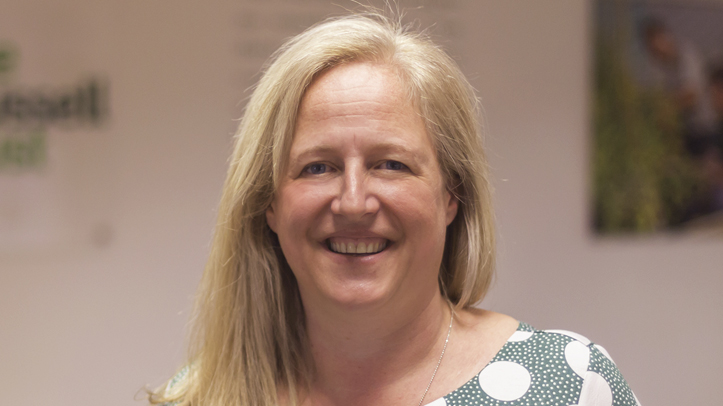
To truly solve a problem, you must first properly define it. And the problem of child food poverty in the UK today is not down to a lack of food. It is instead that too many families do not have enough income to afford to put food on the table.
Child ‘food poverty’ is just one symptom of a wider injustice: poverty.
Because it is not only food that children and their families cannot afford. It is heating, lighting, shelter, winter clothes, toiletries. The income for a household referred to Trussell Trust food banks is on average £77 a week after housing costs. Ninety-four per cent of those households meet the official Joseph Rowntree Foundation definition of ‘destitution’.
As things stand, every day in food banks up and down the UK, we address child food poverty with emergency food parcels. On a scale that has been growing alarmingly – and not just during the coronavirus crisis. In 2019/20 1.9 million food parcels were distributed by Trussell Trust food banks alone.
Through generous public donations of food and through a largely volunteer workforce we help these families put food on the table for a few days. But we can’t pay for the gas to cook the food, or cover the rent and stop the eviction notice being posted through the door.
Nor can food banks give these families the dignity of being able to choose and buy their own food.
Our research identifies three main drivers of need for food banks: inadequate or reduced benefits; a challenging life experience (such as illness or job loss); and a lack of informal support. These are the issues we must address if we are to tackle the poverty that underpins ‘child food poverty’.
Though it is true that the coronavirus crisis has hit families with children particularly hard, in our response to this crisis a fragile new consensus has emerged in the UK that we must seize upon.
Through measures such as the Job Retention Scheme, the temporary uplift to Universal Credit and much more, Government has taken unprecedented action to protect incomes and help people make ends meet. For the first time in far too long, the impasse of party politics was put aside. We need more leadership and clarity of purpose like this across and within political parties.
And in communities up and down the UK, as evidenced by the groundswell of support for the NHS, or for #ENDCHILDFOODPOVERTY led by Marcus Rashford, it is clear just how much we, the general public, want to protect one another from harm.
With this new consensus we must invest permanently in our social security system. Whether delivered through Universal Credit, local welfare or any other method, our benefits system must ensure we are all afforded the dignity of being able to afford the essentials if life doesn’t go to plan – be that through illness, family breakdown or indeed global pandemic making it harder or impossible to earn money through work.
This is not a job for the state alone. Business, charity and wider civil society will all have their parts to play. We need to work together strategically, towards better job security for all, with work that pays enough to keep people out of poverty all together. We must understand how communities can offer informal support to prevent people from falling into poverty in the first place and crucially we must listen to and involve those most affected.
But it is our Government and our elected officials that must lead by example.


